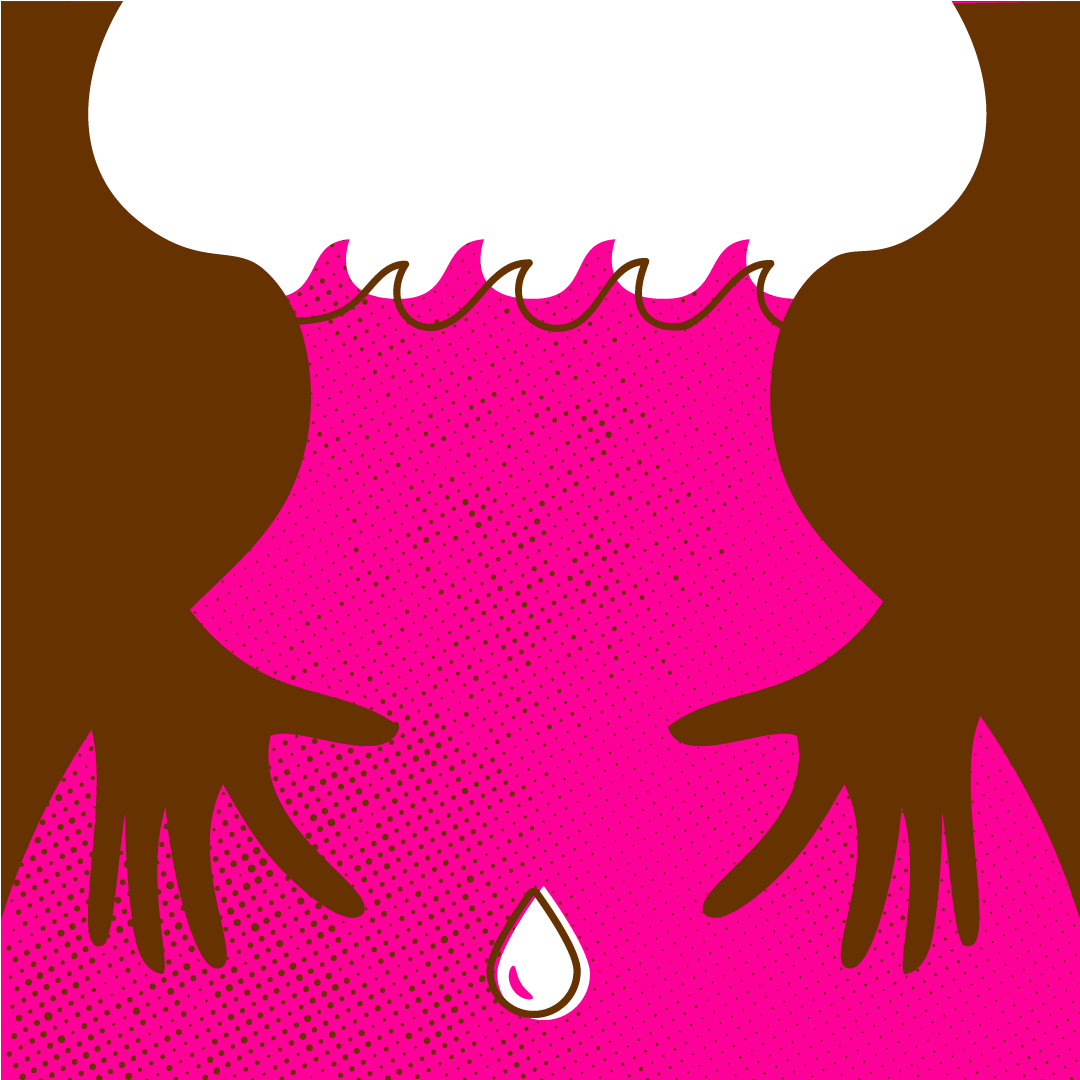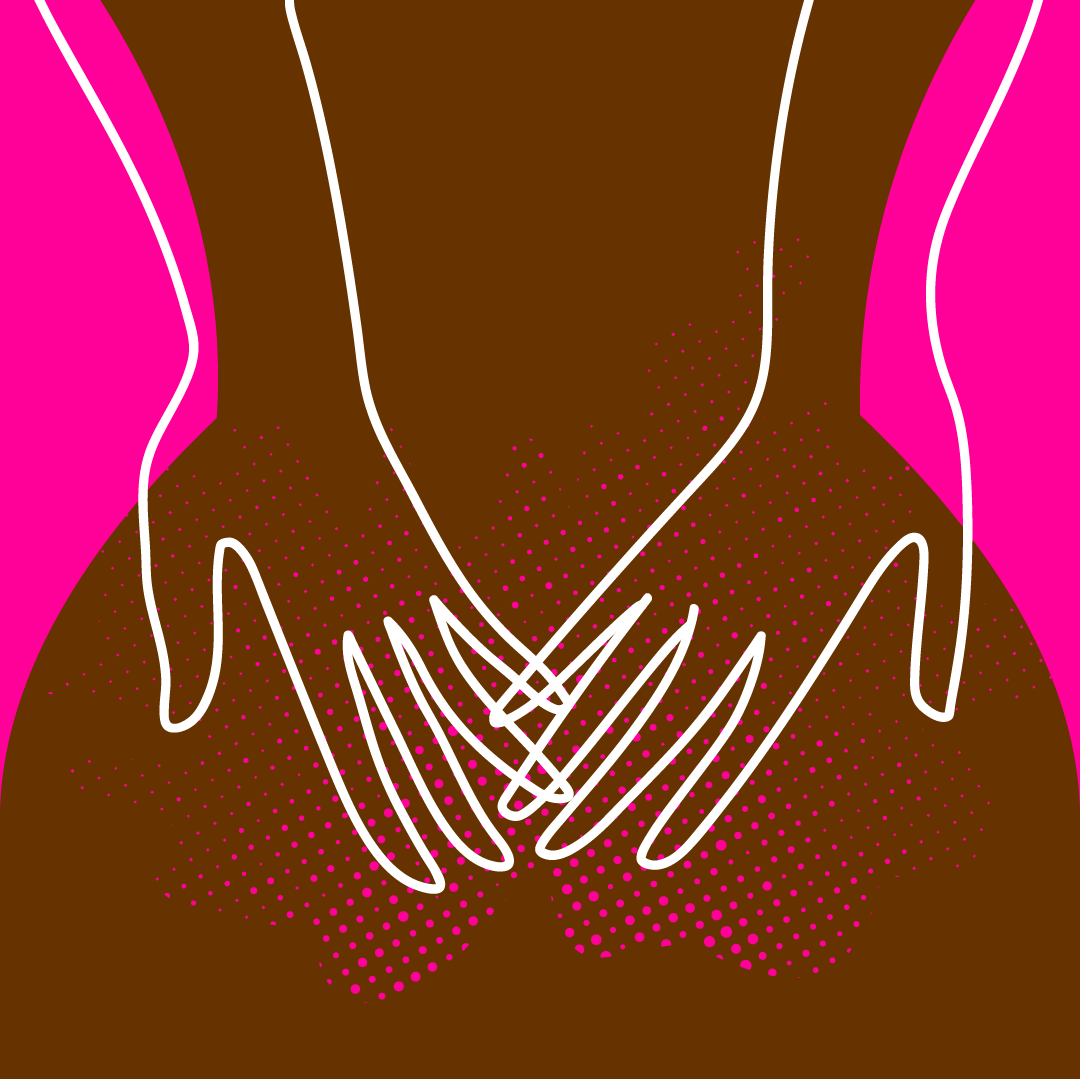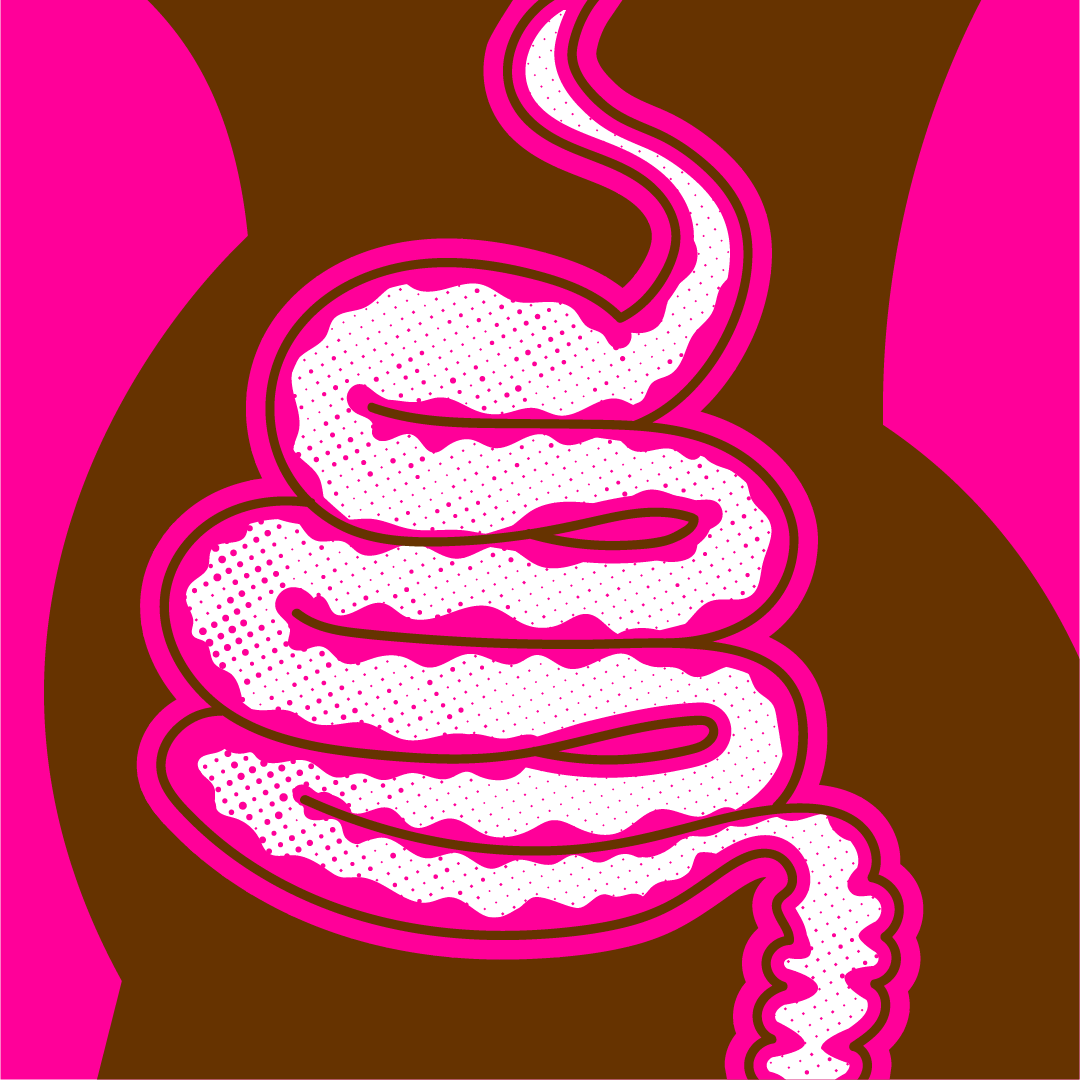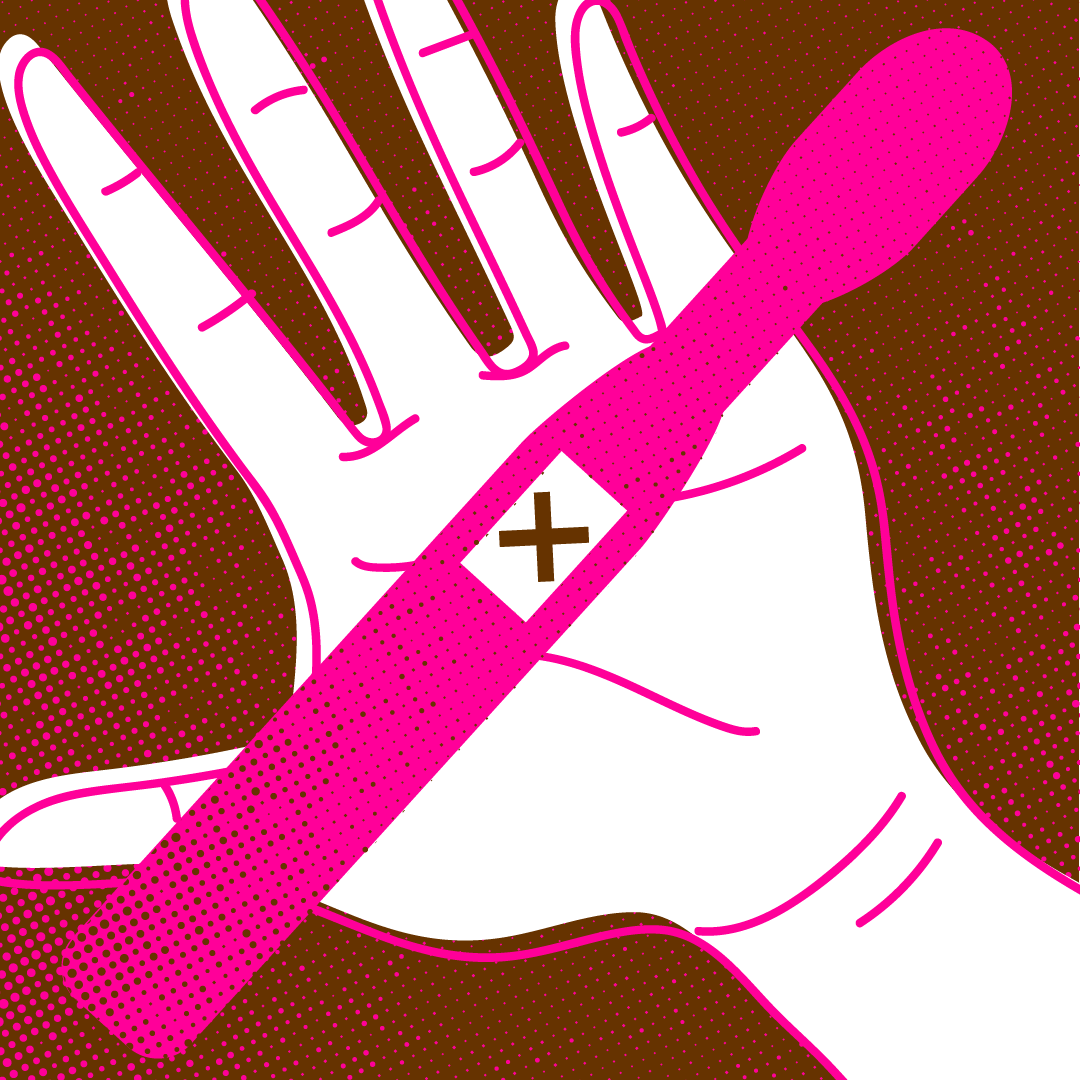6 Signs You May Have Endometriosis
Sometimes, it can be difficult to know if you have endometriosis. In fact, many women who are affected do not receive a diagnosis, or have to wait years to receive a diagnosis.1 Endometriosis is often confused with other conditions with similar symptoms, such as pelvic inflammatory disease (PID), ovarian cysts, or even irritable bowel syndrome (IBS).2
Knowing the signs
So what symptoms should you look out for if you suspect you have endometriosis?
1. Abnormal periods
If menstrual bleeding is significantly heavier than normal, this can be a symptom of endometriosis. If bleeding occurs between periods, or if periods last longer than 7 days, this is considered abnormal, or excessive, menstrual bleeding.2,3,4
2. Abdominal and lower back pain, especially during your period
Extreme pelvic or abdominal pain and/or cramping either before, during, or after your period can be a sign of endometriosis. Pain can also occur in the lower back. While menstrual cramping and backaches can be normal around your period, the pain from endometriosis is much more severe.2,5,6
3. Pain with sex
Pain during or after sex is common in endometriosis.2 This pain is typically experienced deeply inside the vagina and is different from pain that may be associated with penetration at the entrance to the vagina.7
4. Gastrointestinal pain
Symptoms such as diarrhea, constipation, bloating, and nausea are often thought to be caused by IBS, which is why this can be a common misdiagnosis for women with endometriosis.7,8 In endometriosis, these symptoms can also occur, as well as pain during bowel movements.2
5. Infertility
Infertility refers to the the inability to get pregnant (“conceive”) after 12 months of trying. If you have been trying to conceive unsuccessfully and another medical cause has not been identified, endometriosis could be the explanation.2 Endometriosis does not always lead to infertility, however. Still, it may also contribute to a greater risk for pregnancy-related complications.9
6. Fatigue
With endometriosis, the body is working in overdrive to break down the diseased tissue. This can lead to increased fatigue. Though pain and heavy bleeding are often looked at as the primary symptoms of endometriosis, fatigue should not be overlooked as a symptom.10
So, is it endometriosis?
If you suspect you may be suffering from this condition, speak to your doctor. While endometriosis can be a difficult condition, there are treatments available that can help you relieve symptoms and prevent further complications.2







Join the conversation